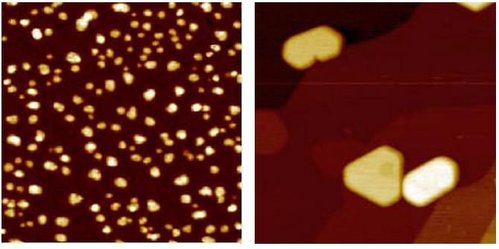Micron and A*STAR to jointly develop high density STT-MRAM
Micron and the A*STAR Data Storage Institute (DSI) from Singapore announced that they will jointly develop STT-RAM. The two companies will invest in a 3-year joint-research program to develop high-density STT-MRAM devices.
Years ago Micron had an active MRAM program which was scrapped in October 2004. It's great to see them re-enter MRAM research. Scott DeBoer, Micron Vice President of Research and Development said that Micron is "actively working on multiple emerging memory development programs" - and this collaboration is seen as a way to "explore the potential of STT-MRAM"

